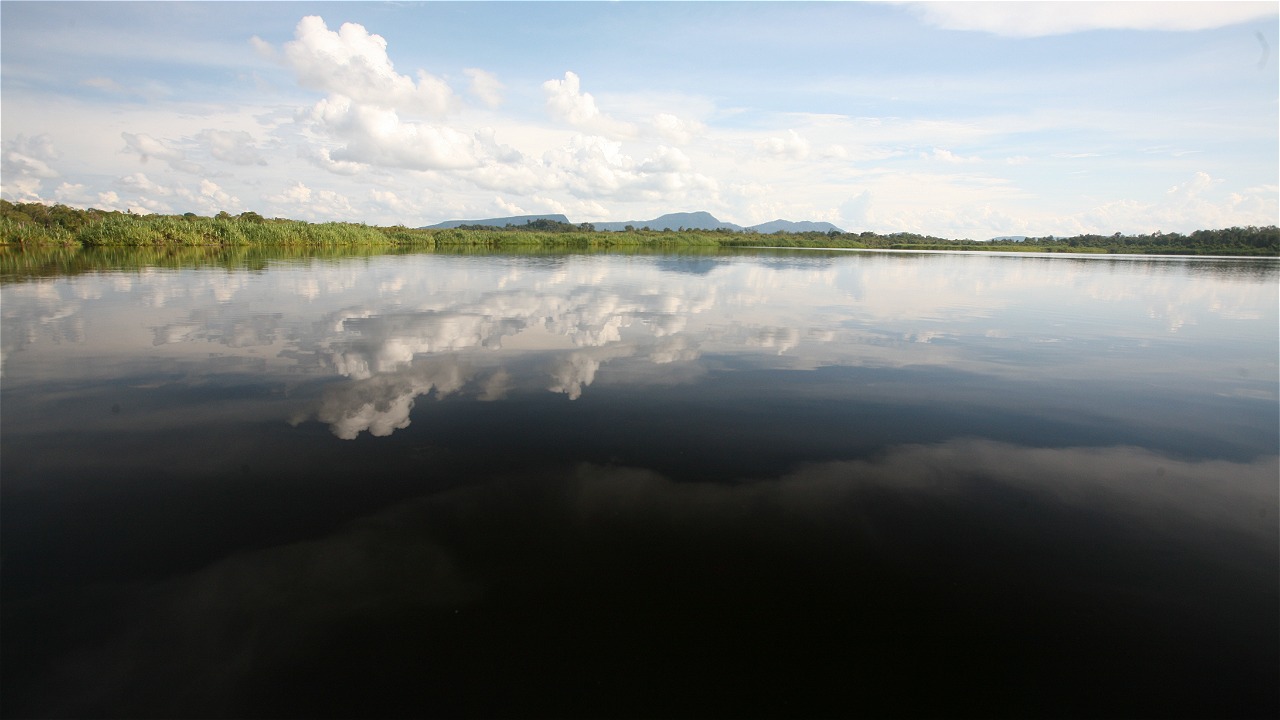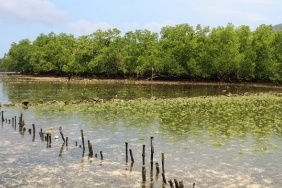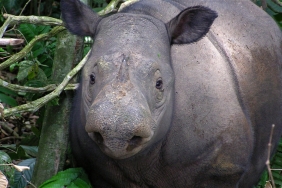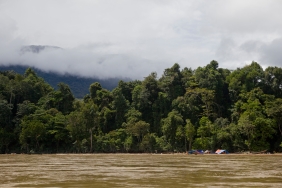KALTENG GOVERNOR PROCLAIMS "GREEN AND CLEAN PROVINCE"
By: Tira Maya Maisesa
Palangkaraya, Central Kalimantan (14/01) - Along with the establishment of Central Kalimantan province as one of the REDD+ pilot project locations along with eight other provinces, the Governor of Central Kalimantan, Agustin Teras Narang, SH also launched the Green and Clean Province. This was conveyed by him in Palangkaraya, on Thursday (13/01).
Speaking at the workshop ""Optimizing the Role of Civil Society and Central Kalimantan Government Towards a Green Province and Sustainable Development through the Heart of Borneo Initiative,"" Teras hoped for a comprehensive commitment and understanding of this concept where all policies from top to bottom, be it provinces, districts, cities, to villages must consider the impact on society and the environment. ""
The seminar, which was held on January 13-14, 2011 at the Jayang Tingang Hall, Palangka Raya, was organized by the Central Kalimantan Provincial Government, WWF-Indonesia and local NGO partners. "It has been a long time since natural resources have been utilized.
"For so long the natural resources in Central Kalimantan have been exploited, the fact is that the people of Central Kalimantan have not felt anything. So far, is there any benefit for the people of Central Kalimantan? Now, through this green province, we declare a simple formula, which is to FELL directly, PLANT, DIG and CLOSE. Through this commitment, it does not mean that investors cannot enter, but they must comply with the applicable terms and regulations, "explained Teras.
Also speaking at the event, World Bank Senior Consultant Advisor on Climate Change, Dr. Mubariq Ahmad. According to him, climate change is an economic issue, therefore Central Kalimantan needs to adopt the concept of green economy and needs to monitor and be able to measure the deflation of natural resource depreciation and environmental damage. "Thirty years of forest exploitation in Central Kalimantan has led to the loss of natural resources and environmental damage.
"Thirty years of forest exploitation in Central Kalimantan but it has not contributed anything to the community. There is no history in our republic where the community has formal legal rights to forest management," he said.
Mubariq added that if they want to be serious, there needs to be pro-green and pro-poor policies that can protect the rights of the community. Forest protection will be possible if economic policies are done right. Strategically, there needs to be a correct measurement and evaluation by looking at the context of the study on how to understand the value of Natural Resources (SDA). "Do we know how much longer coal in Central Kalimantan can still be mined? How much forest can still be harvested within a certain period of time? That must be measured," he added.
According to him, economic sustainability is very dependent on the sustainability of the ecosystem or nature. Spatial planning cannot only be five or ten years if you want to implement REDD. If Central Kalimantan becomes a pioneering project, then policies must be prepared such as the agricultural sector, for example palm oil, there needs to be a downstream industry so that people have economic opportunities and how we are able to offer food solutions such as the availability of sago, rice etc. "Two things can be the basis of the REDD project," he said.
"Two things that can be the basis of sustainable development are low carbon economy and biodiversity-based industry. In the context of Central Kalimantan, the answer is forests. This is our competitiveness in the future," he added.
REDD is a mechanism that provides opportunities, to make money from forests in different ways such as how we utilize their ecosystems, water sources, diversity and others. "This must be done with the collaboration of various parties, especially the role of civil society", he concluded.





